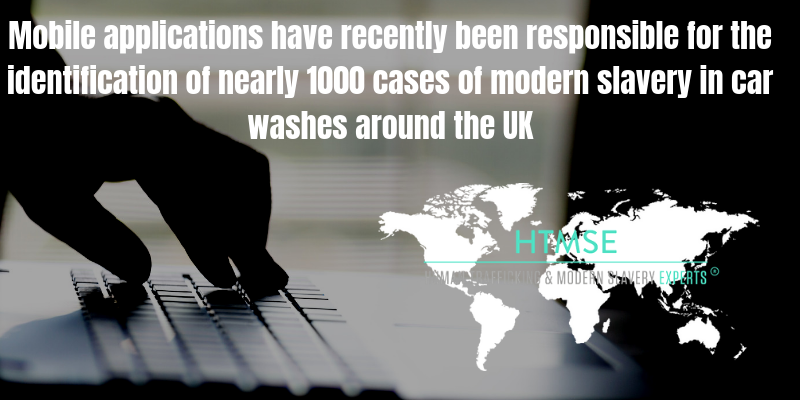On the 17th July HTMSE attended the Tech4Good awards as a shortlisted finalist in the Community Impact Award category.The Tech4Good awards recognise the use of technology to make a social difference across a variety of different sectors, such as accessibility, connectivity, inclusivity and community impact.
Contemporary slavery is a current global issue, which directly affects even the corporate and commercial markets with the introduction of the s54 of the UK Modern Slavery Act, and similar legislation in the USA and Australia. Furthermore, the migrant crisis and forced migration has also compounded human trafficking and modern slavery, it has become an ever present issue and there has been an increase in media and public awareness on this topic. Almost 21 million people worldwide are victims of modern slavery, which generates $150 billion for traffickers each year and is a growing market.
The Human Trafficking & Modern Slavery Expert Directory (HTMSE) is an e-commerce initiative founded in 2015 by leading human trafficking lawyer Philippa Southwell, after identifying a desperate need for a single resource for professionals working in the counter human trafficking and modern slavery sector. The directory is an advanced search engine established in order to link specialists not just within the UK based legal community, but to connect with lawyers, medical experts, academics and corporate stakeholders globally that can advance development on this issue, and create the link between modern slavery victims and support. This use of technology in the counter-trafficking and anti-slavery sectors is unique, with the majority of technology being used to monitor and research victims of human trafficking and modern slavery, research and monitor suspected offenders, and to provide ongoing support to law enforcement agencies.
Since its launch, the initiative has established itself as a leading global directory. It enables individuals to search for professionals by their specialist fields and location worldwide.
